Pakistan court tells FIA to act ‘under law’ in blasphemy probe against ex-president Alvi
The court also orders the FIA to conclude proceedings after receiving the Ulema Board’s reply

Usama Manj
Producer, Correspondent
Usama Manj is an experienced multimedia journalist with over 8 years in the industry. He began his career at Express News before moving on to Indus News as news producer and then worked for Aik News as a sports producer and anchor.
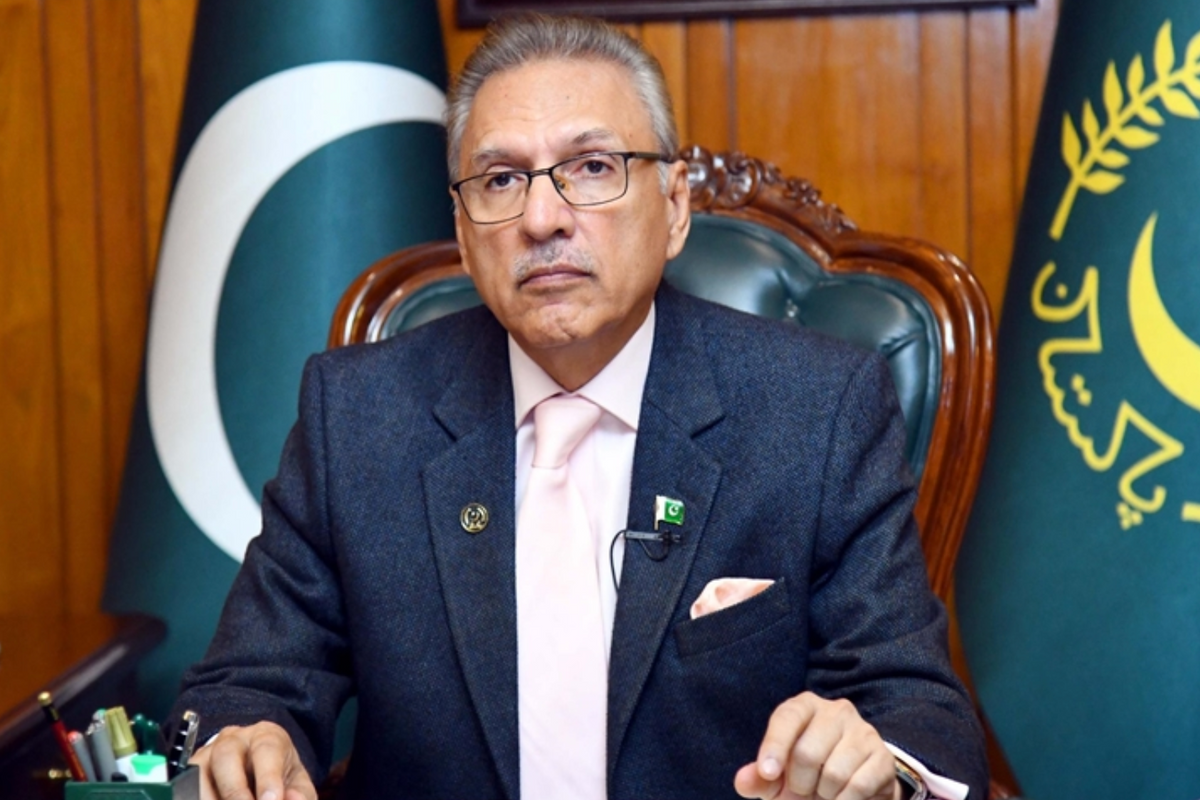
File photo of former president Arif Alvi.
Courtesy: Radio Pakistan
A court in Lahore has directed Pakistan’s Federal Investigation Agency (FIA) to proceed “strictly under the law” if a cognizable offence is established against former president Dr Arif Alvi, in connection with alleged blasphemous remarks made in a video that circulated on social media.
Additional District and Sessions Judge Shafqat Shahbaz Raja issued the order while disposing of a petition filed by Shehzada Adnan, who accused Dr Alvi of using blasphemous language in the clip.
The FIA told the court it had launched an inquiry - assigned to National Cyber Crime Investigation Agency (NCCIA) Sub-Inspector Abdul Basit - and sent the video to the Ulema Board for a religious edict (fatwa).
In its written reply, the FIA confirmed that the petitioner had joined the inquiry proceedings and submitted evidence. It added that the video’s content would be assessed on merit, with further action contingent upon the Ulema Board’s findings. The agency stressed that the inquiry officer was bound to proceed in line with the board’s opinion once received.
However, the petitioner’s counsel challenged the FIA’s position, arguing that the fatwa had no bearing on the registration of a First Information Report (FIR) and pointing out that parts of the video were inaudible.
The court instructed the FIA to conclude its proceedings once the Ulema Board’s response is in hand.
A previous petition on the same matter had been dismissed after the complainant approached the police rather than the NCCIA, which has jurisdiction over social media-related offences.


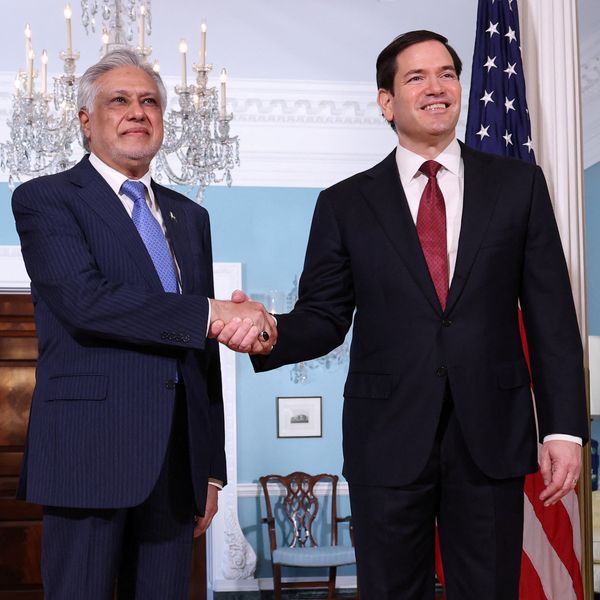
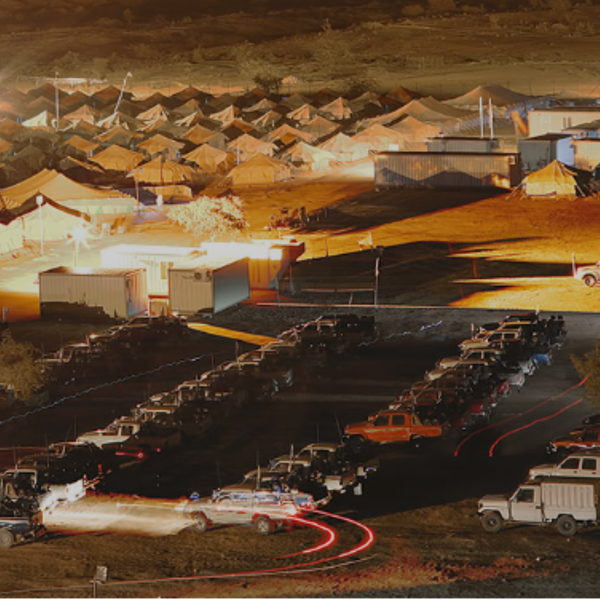
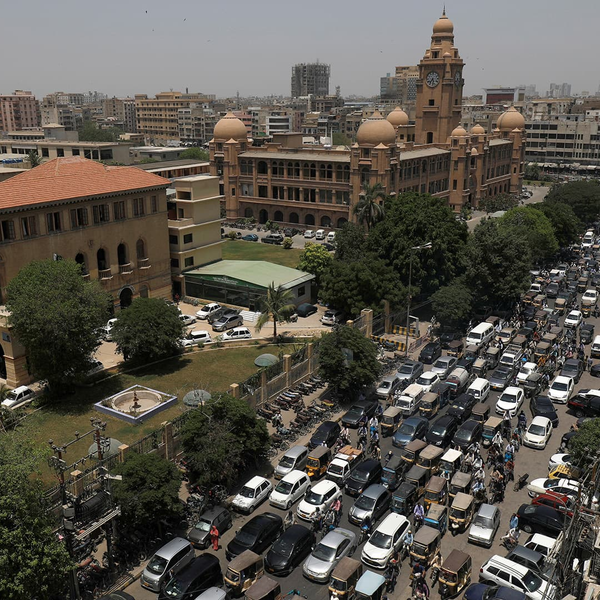
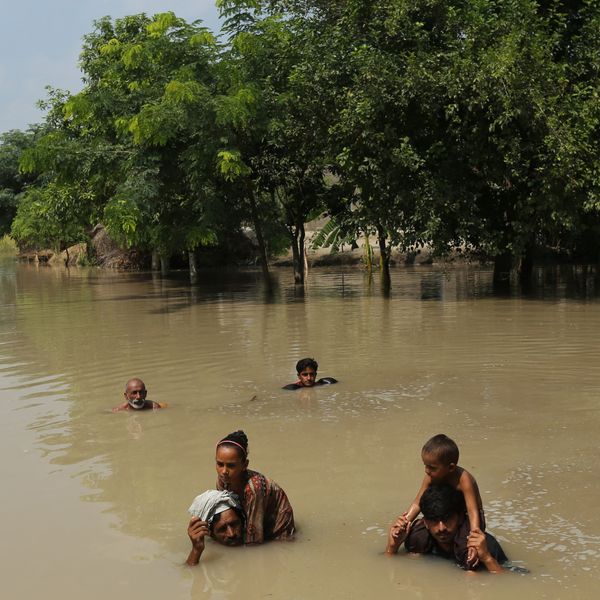




Comments
See what people are discussing